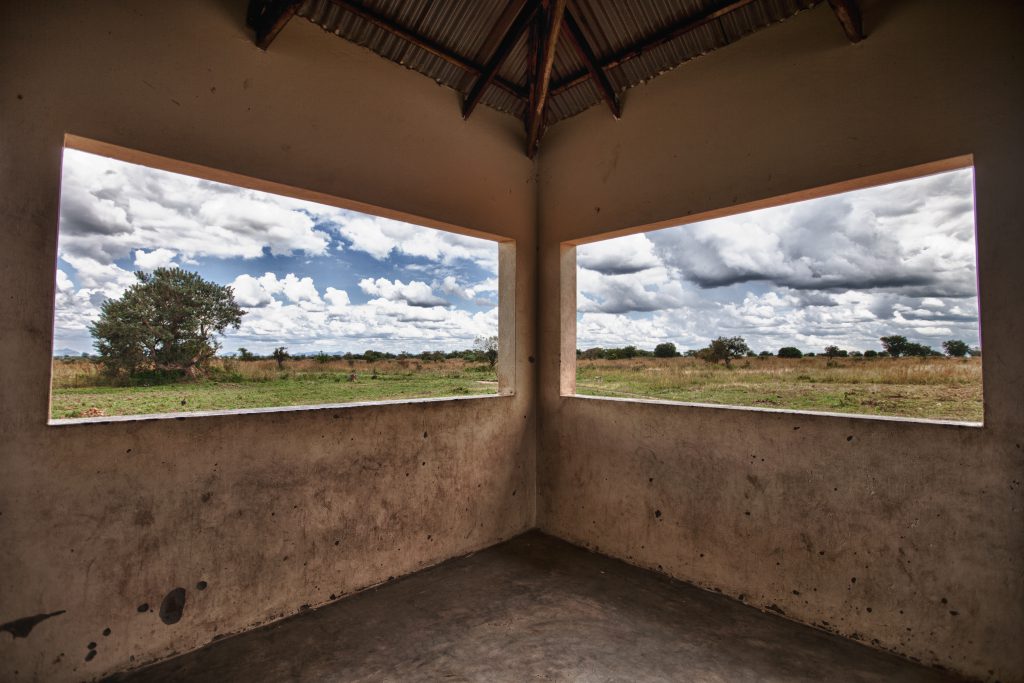
Fancy organising a workshop? Many NGOs have members of staff who do outreach and education visits to schools as part of their education programmes (when you contact them make sure to highlight the fact that you are looking for an educational workshop rather than a fundraising one!).
Also, check out your local and regional development education centres which may have programmes of interest.
Concern Debates competition
 September – May
September – May
The Concern Debates have been running since 1984 and around 120 schools participate annually. The debates aim to:
- Promote a deeper awareness and understanding of global issues
- Provide students with a public forum, to develop skills in research, presentation and debate
- Encourage students and teachers to become lifelong advocates on issues relating to poverty, justice and human rights
The awards and rewards have been developed to reflect the ‘whole school’ and ‘school community’ efforts that are involved in the debates. As well as finalists and semi-finalist awards, others include: best supporter(s); best team mentor; best new school; best whole school involvement; best researchers; best debates photo; best article/blog/review about the debates.
The motions debated are about developing world issues such as Trade, Debt, Globalisation, HIV/AIDS, Human Rights, Child Labour and Conflict.
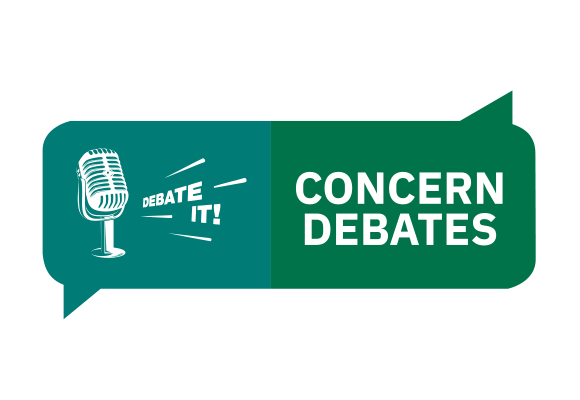
- Contact the debates team on debates@concern.net or call (01) 417 7733
- Debates training days (with Concern staff and other schools), the debates handbook for students, news, workshop and registration information: www.concern.net/get-involved/schools/debates/
- Concern’s teacher guide to teaching debating, Finding Our Voice, is annotated in the resources library
Making Our World One World
Young Social Innovators competition – September to May
 The Young Social Innovators (YSI) Social Innovation Programme is a youth-led, team-based, action focused programme. Working in teams of 5-25, young people identify a social issue of concern to them and/or their community or further afield, explore it and come up with innovative actions and responses which they put into practice.
The Young Social Innovators (YSI) Social Innovation Programme is a youth-led, team-based, action focused programme. Working in teams of 5-25, young people identify a social issue of concern to them and/or their community or further afield, explore it and come up with innovative actions and responses which they put into practice.
The programme promotes education for social innovation in Ireland. The Social Innovation Programme encourages, motivates and creates new opportunities for young people to actively participate in the world around them, developing their innate sense of justice, responsibility and passion to create a fairer, more caring and equal society.
YSI have several award categories that focus on developing a better understanding of the issues faced by people living in poverty, such as:
- Using Technology to Change the World
- Making our World a Better Place for Young People
- Making our world One World
- Making our Country More Inclusive and Poverty Free
- Making our World Fair and Just
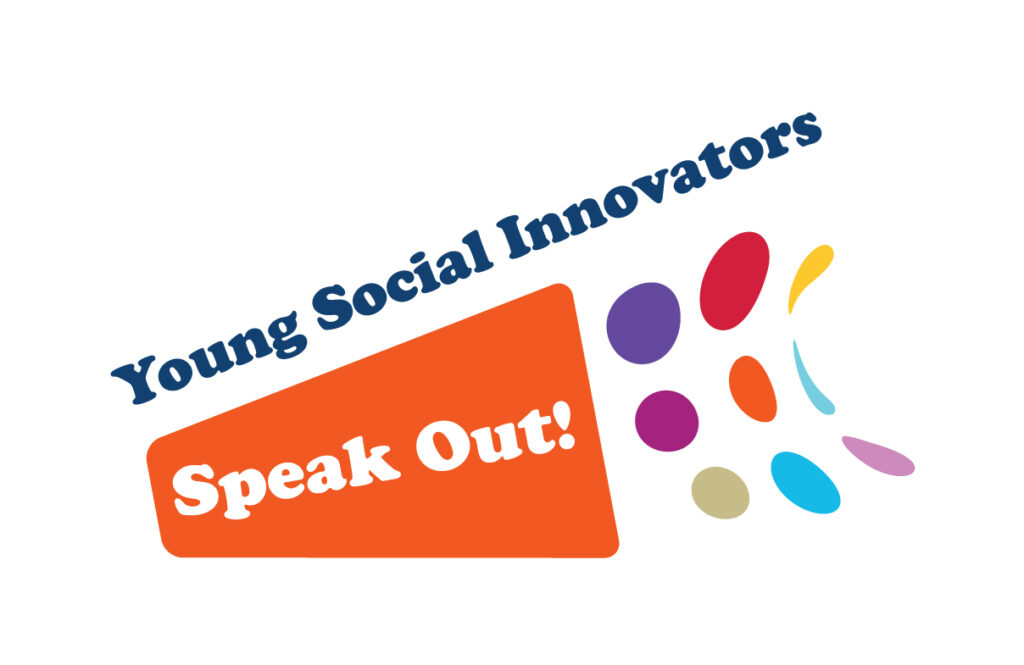
Each year YSI organises regional events called “YSI Speak Outs”. These events give young people a platform to talk about social issues and communicate their YSI project work in creative ways.
Information for students and teachers can be found at www.youngsocialinnovators.ie or you may contact the YSI Education Team
Fairtrade Fortnight
February – March
 Fairtrade is the most widely recognized ethical label used around the world. The Fairtrade Fortnight initiative presents two weeks every year for young people to explain (and show!) how important Fairtrade and fairer trade is to producers: that the benefits of receiving a premium for their local communities secures them a more stable future.
Fairtrade is the most widely recognized ethical label used around the world. The Fairtrade Fortnight initiative presents two weeks every year for young people to explain (and show!) how important Fairtrade and fairer trade is to producers: that the benefits of receiving a premium for their local communities secures them a more stable future.
Fairtrade is helping to transform the lives of millions of farming families in developing countries and this is down to the passionate commitment of Fairtrade supporters, stockists and companies around the world.
By organising FT events, such as running a FT tuck shop, lobbying locally to become a FT town or even writing a local newspaper students can raise awareness and challenge consumption habits – what we buy, why we choose certain brands and what the costs on the growers and producers in the developing world are – so as to encourage others to follow in their footsteps as “ethical consumers”.
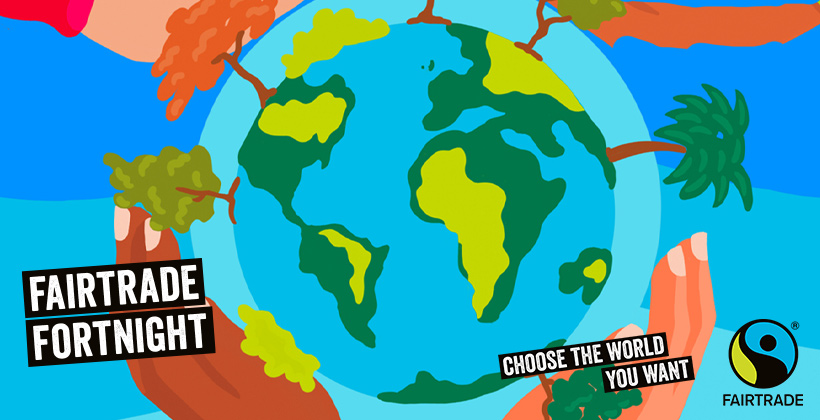
- Materials for organising events and activities, such as event posters, stickers, t-shirts, leaflets, trade statistics and infographics etc. and support for student-led projects can be found at www.fairtrade.ie
- Contact the Fair Trade team on (01) 475 3515 and info@fairtrade.ie
- Other Fairtrade projects can include supporting your school becoming a Fairtrade School or working towards your town becoming a Fairtrade Town.
Science for Development
 The Young Scientist & Technology Exhibition – September to January
The Young Scientist & Technology Exhibition – September to January
The Science for Development Award has been in operation since 2007 and seeks to stimulate research projects by students that address some of the challenges faced by people living in the developing world.
Projects should demonstrate a clear understanding of a partnership approach to development and of the connections between local (Ireland) and global contexts for tackling the chosen development issue. Previous projects have dealt with issues concerning nutrition, climate change, sustainable agriculture, gender inequality, diseases of poverty, maternal and child mortality, providing clean water and sustainable energy. See Patsy Toland’s blog for some background information to the award.
This award is open to any entrant (individual or group) who has been accepted in the Intermediate or Senior sections of the BT Young Scientist & Technology Exhibition, and whose project addresses an issue facing people living in the developing world. Projects considered will include: Biological and Ecological Sciences; Chemical Physical and Mathematical Sciences; Social and Behavioural Sciences Technology.
All the info you need on the competition is available by logging in to www.btyoungscientist.com
The award provides the successful entrant with a travel bursary worth €5,000, allowing the winner and their teacher to travel on a fact-finding visit to Africa.
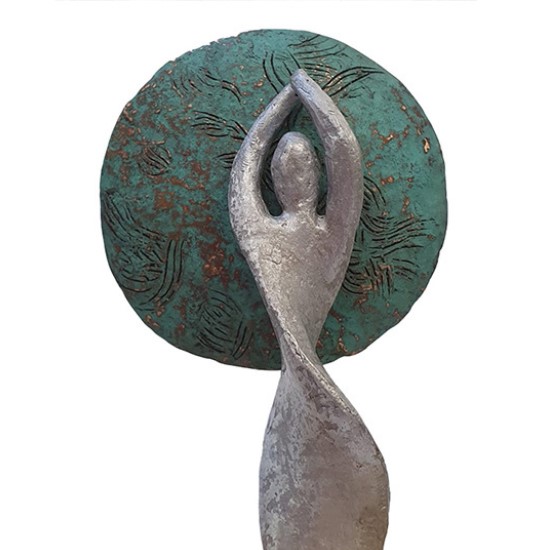
- To organise a workshop from the Self Help Africa team, for curriculum materials to assist with research or any project ideas contact dorothy.jacob@selfhelpafrica.org or call 1850 757678.
- The Science for Development Award is supported by Self Help Africa and Irish Aid.
Young Environmental Award
 ECO-UNESCO – August to May
ECO-UNESCO – August to May
The Junior (ages 12-14) and Senior (ages 15-18) categories are for projects which engage young people in taking some specific actions as a component of a personal development or educational project. It comprises self-directed and inter-disciplinary learning on an environmental issue related to any part of our environment. Projects on environmental issues must include the environmental, social and political causes and effects.
The ECO-UNESCO Young Environmentalist Awards programme has been running since 1999 and facilitates an experiential and active environmental education learning experience where young people engage in a local environmental action project which will benefit themselves and their school and local community. The Awards honour the actions of young people who protect, conserve and enhance our local and global environment across ten award categories.
- Free training, the awards manual, timeline info and submission details can all be found at https://ecounesco.ie/young-environmentalist-awards/
- The programme integrates with the Geography, Science, CSPE, Maths and Art syllabi. It is also suitable for Transition Year cross-curricular learning experiences, support a personal education programme and encourage active and participatory citizenship
- The awards are recognised as a suitable for CSPE action projects connecting to several CSPE concepts including; Stewardship, Interdependence and Rights and Responsibility
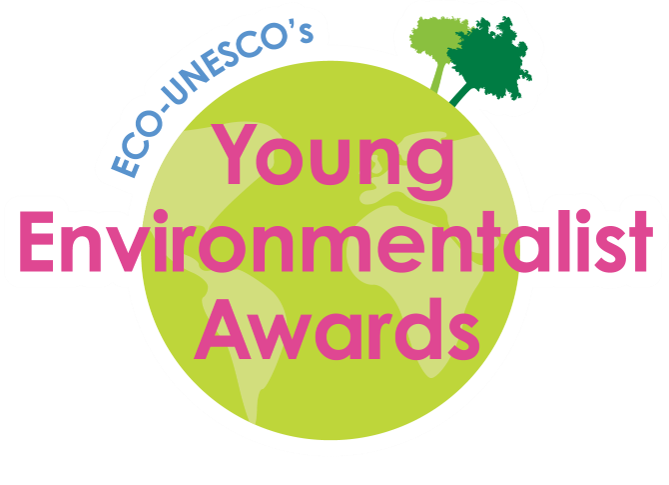
- The ten award categories are: Energy, Waste, Biodiversity, Water, Climate Change, Transport, Eco-Community Development, Eco-Enterprise, Eco-Art and Design, Eco-Health and Wellbeing
- For more info contact yea@ecounesco.ie or call (01) 662 5491
- The Awards support, compliment and rewards projects done as part of other programmes such as: Green/Eco-Schools, Gaisce Awards, Duke of Edinburgh Awards, IMPACT Awards, Young Social Innovators, BT Young Scientist.
Worldwise Global Schools
Global Passport Framework – May
 The Global Passport is a Global Citizenship Education (GCE) EU accredited, quality mark, which offers post-primary settings (schools, youthreach centres and other), a framework to integrate GCE into all aspects of student life. It is a self-assessed and externally audited accreditation for GCE that is open to all post-primary settings in Ireland. The Global Passport supports, strengthens, and sustains effective whole-school planning around GCE.
The Global Passport is a Global Citizenship Education (GCE) EU accredited, quality mark, which offers post-primary settings (schools, youthreach centres and other), a framework to integrate GCE into all aspects of student life. It is a self-assessed and externally audited accreditation for GCE that is open to all post-primary settings in Ireland. The Global Passport supports, strengthens, and sustains effective whole-school planning around GCE.
When you apply for a Global Passport you will be asked to reflect on your level of engagement with Global Citizenship Education in six areas (passport stamps) of school life:
- Curricular
- Extra Curricular
- Teacher Capacity and Engagement
- Student Capacity and Engagement
- Leadership
- Community Engagement
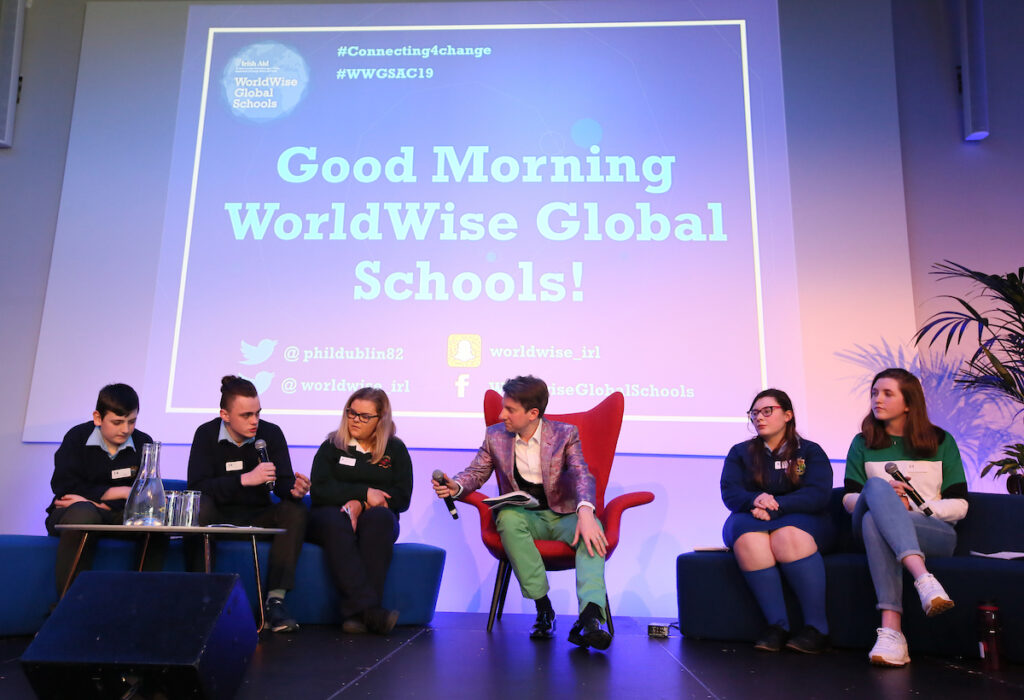
- You will assess your education setting’s progress in each of these stamps and allocate points accordingly.
- Through the Global Passport Framework, post-primary settings can apply for Grant funding of up to €800 per school to support whole school embedding of Global Citizenship.
- Applications close in May of each year.
- Find out more at: https://www.worldwiseschools.ie/global-passport/
